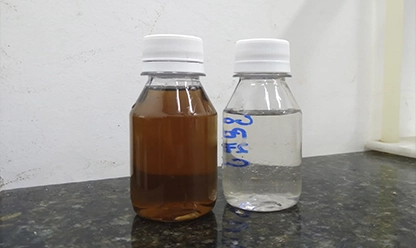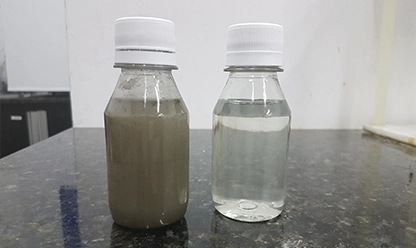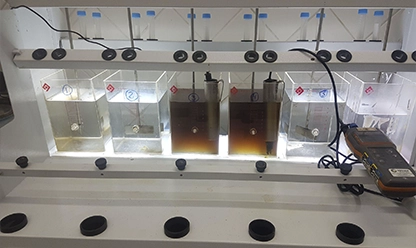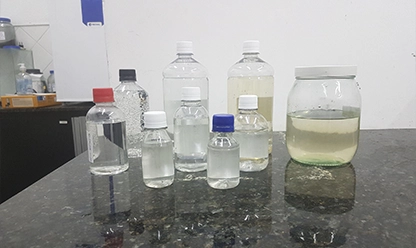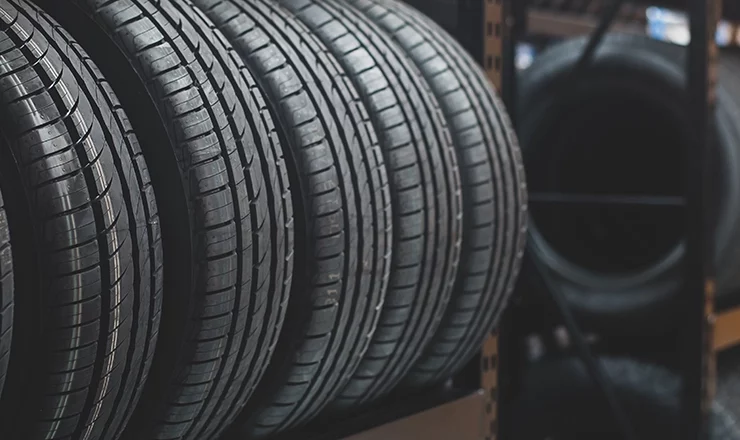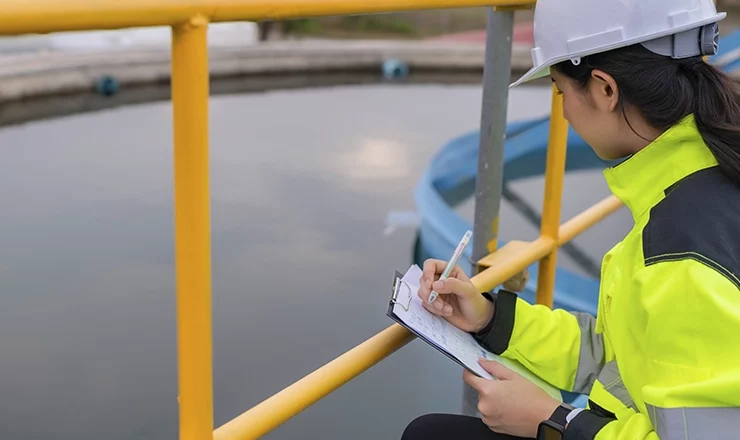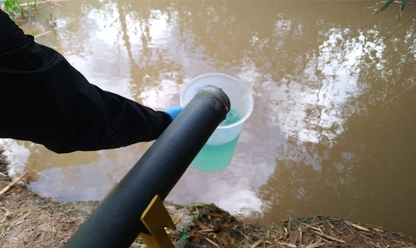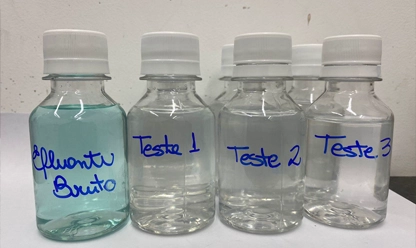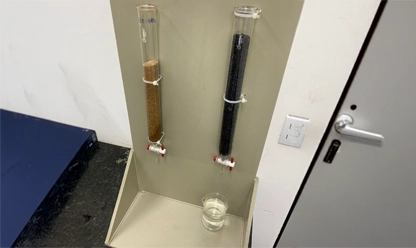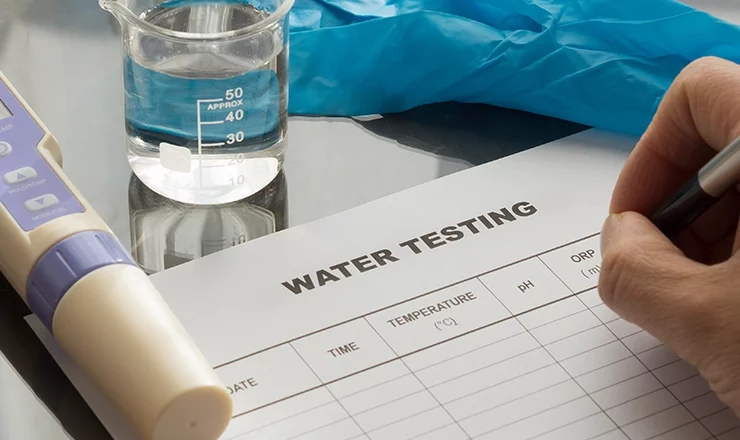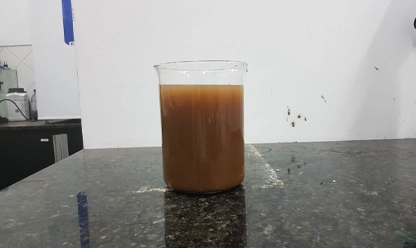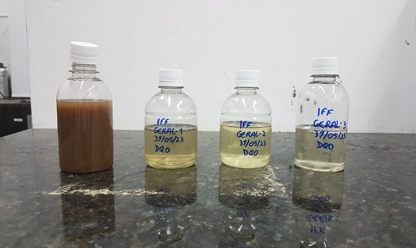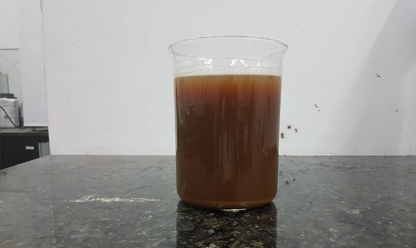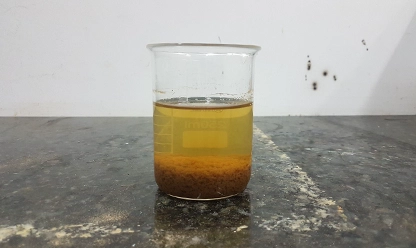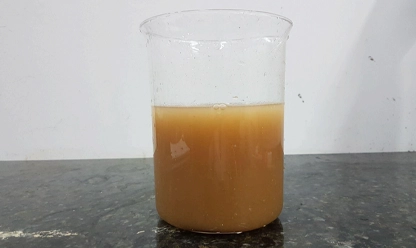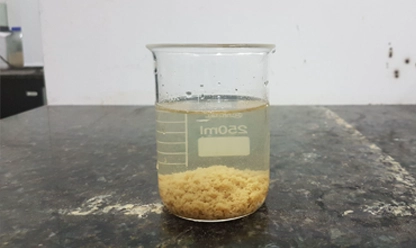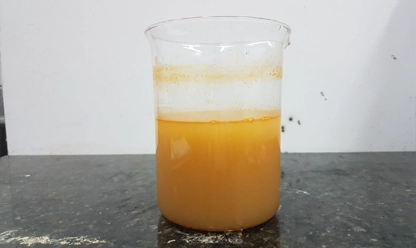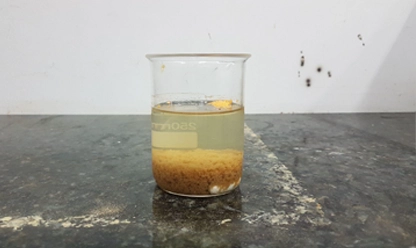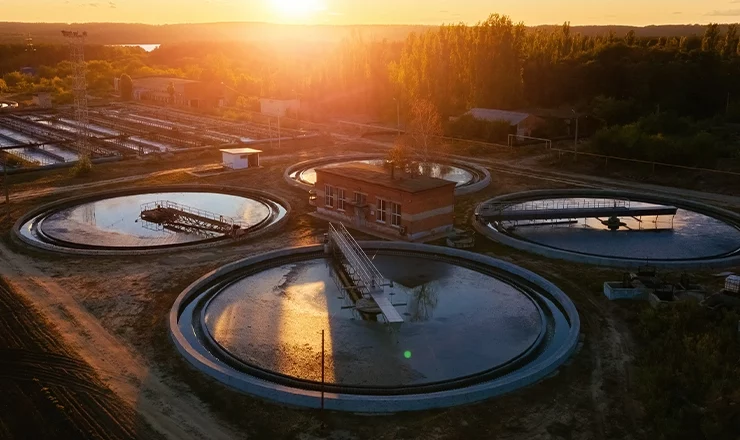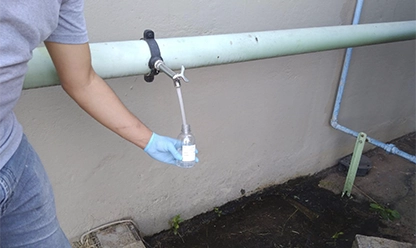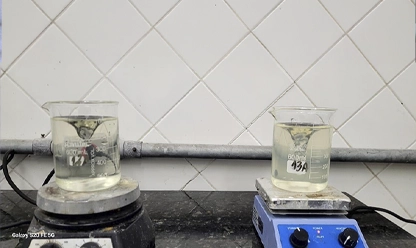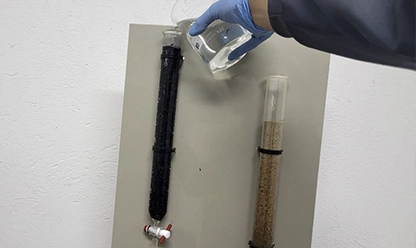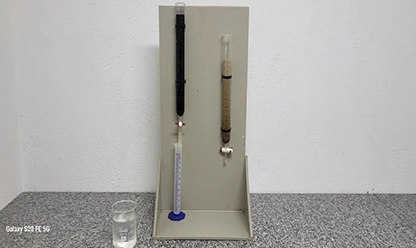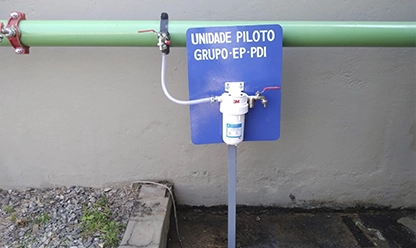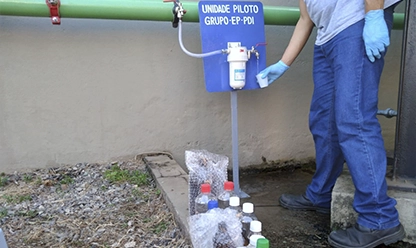Treatability Study
At EP Aqua, we turn any wastewater treatment challenge into an opportunity. With treatability studies, research and development, along with the use of cutting-edge technologies, we help industries optimize their processes.
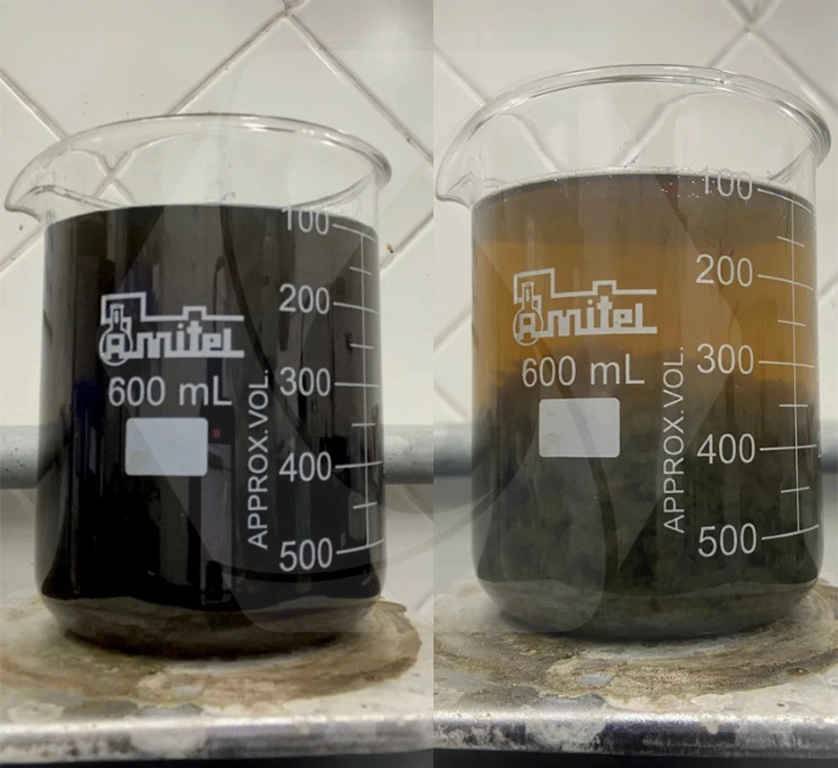
What is a treatability study for water and wastewater?
Treatability Study is a process, conducted by wastewater treatment technicians, that can optimize your treatment process, bringing economic results by extracting the maximum possible operational efficiency from your process.
Below are the possibilities for gains in your operating costs for existing processes:
- Reduction in the consumption of chemical products;
- Reduction in the generation of solid waste;
- Sustainable gains in the process;
- Guaranteed final quality of the treated wastewater.
- Improvement in the Treatment Plant's performance indicator;
The Impact on Operations:
An operating treatment plant can operate properly using more chemical inputs than necessary, because the surplus applied in the treatment process will not necessarily have a negative impact on the final quality, but it will cause unnecessary expense.
With the Treatability Study, the aim is to apply the optimum point necessary for the chemical destabilization of particles in order to produce the formation of flocs. In general, the studies are conducted by testing various coagulants, such as organic and synthetic polymers, metal salts and pre-hydrolyzed metals based on aluminum and iron. The logic behind a Treatability Study is quite simple:

Identifies the problem

Checks the viable technologies

Evaluates the existing operational and structural conditions

Applies the techniques studied in the laboratory to the treatment plant

Measures the performance of the treatment plant using criteria
The entire Treatability Study can be carried out in up to 3 months, as some more complex or organic compounds require special attention – it’s not a rule, but we know it happens.
Would you like to hire this service?
Get in touch with us!
Request your quote now. Our team is ready to assist you!
Phone: +1 773-882-5111 | Email: epaqua@epaqua.com


